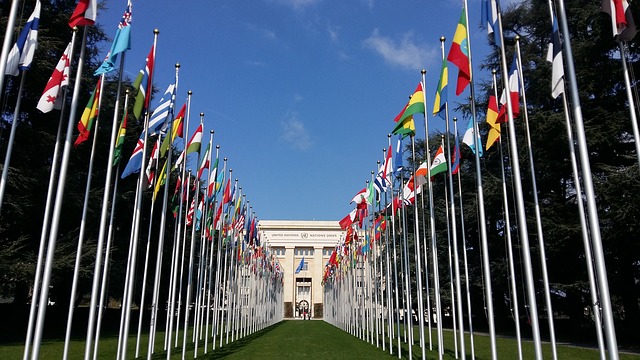Reading’s Professor Rosa Freedman and Professor Aoife O’Donoghue of Durham University consider the legacy of the late former UN Secretary-General in a new post for The Conversation.

The passing of Kofi Annan, former United Nations Secretary-General and Nobel Peace Prize laureate, has been met with tributes from all around the world. His home country, Ghana, declared a week of national mourning.
Annan rose through the ranks of the UN to become the first black African to head the organisation, and his many achievements are rightly being celebrated. Under his tenure, human rights and development were put at the forefront of all UN work, ensuring that the organisation focused on all people in all parts of our global society. Courageously, he was also the first UN Secretary-General to recognise and condemn the UN’s disproportionate focus on Israel as a human rights violator compared to many other similar or worse offenders.
It is also right to remember that on his watch, the UN’s reputation was tarnished by two of its worst stains. He was head of UN peacekeeping at the time when genocides were perpetrated in Rwanda and the Former Republic of Yugoslavia while UN peacekeepers stood by and did nothing, and he was in charge of the UN during the oil-for-food scandal in Iraq.
But as a whole, Annan’s life and work will nonetheless be celebrated for a long time to come.
